Five open access research papers impacting policy right now

By Leah Kinthaert, July 2023
It's imperative that research with the potential for world-changing impact reaches politicians and policymakers who have the power to make laws that affect peoples' lives and livelihoods.
But is crucial research from academia reaching them?
A 2021 paper from Anna Hopkins, Kathryn Oliver, Annette Boaz, Shannon Guillot-Wright, and Paul Cairney asserts that "research-policy engagement is under-theorized and under-evidenced, with new activity outstripping research capacity to conceptualize and assess these efforts."
They continue, "a big part of the problem is a lack of clarity on what research engagement is for, and what 'impact agenda' success would look like."
We did a deep dive into data from Altmetric, which monitors the reach of research through online interactions. We were pleased to see that, even in light of research policy engagement being a challenge for both researchers and policymakers, in the past year alone, we found hundreds of examples of research being utilized in policy documents.
What follows is a rundown of five Taylor & Francis open access research articles published in the past two years, that directly influenced recent policy documents from some of the largest and most influential organizations in the world.
These include the World Health Organization (WHO), the World Intellectual Property Organization (WIPO), the Food and Agriculture Organization of the United Nations (FAO), the World Bank, and The Publications Office of the European Union.
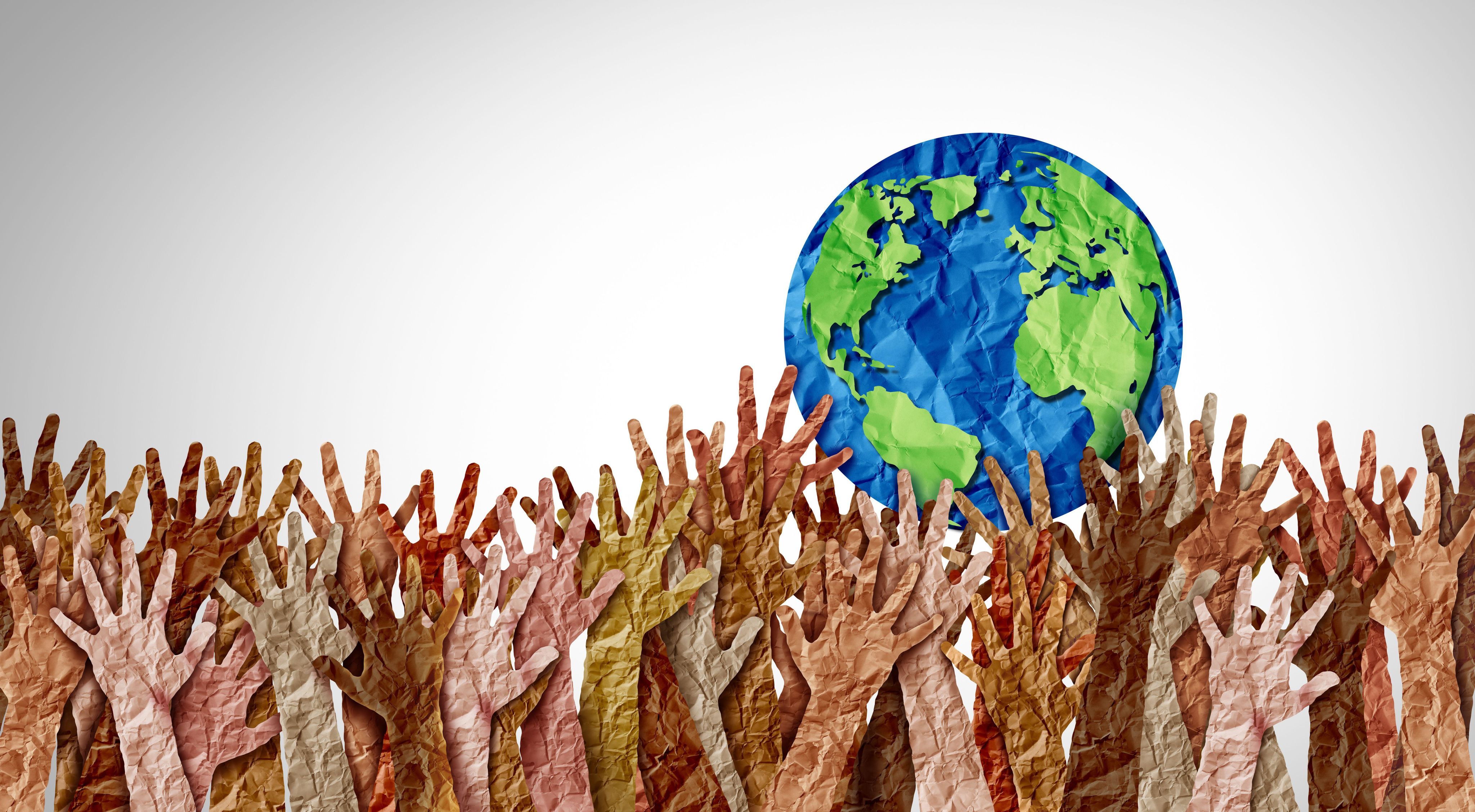
Identifying critical problems: One study's impact on a WHO report
In their article "From Research to Health Policy Impact" Carolyn M. Clancy, Sherry A. Glied, and Nicole Lurie describe four key ways that researchers can influence policymaking:
"They can identify critical problems, research the benefits and harms of policy solutions, estimate the costs and consequences of policy proposals, and actively participate in the policy process to aid real-time decision making."
Identifying critical problems is exactly what this 2022 study "Maternal mortality in the covid-19 pandemic: findings from a rapid systematic review" has contributed to a recent WHO report.
In the paper, authored by Clara Calvert, Jeeva John, Farirai P. Nzvere, Jenny A. Cresswell, Sue Fawcus, Edward Fottrell, Lale Say, and Wendy J. Graham, the authors report the findings of "a rapid systematic review of studies on levels of maternal mortality before and during the COVID-19 pandemic" using data from Mexico, Peru, Uganda, South Africa, Kenya, and India.
The researchers had difficulty finding conclusive evidence, offering that there is a "dearth of studies giving reliable information on levels of maternal mortality," and calling for "increased and more systematic reporting of this largely preventable outcome."
Their research findings were cited in WHO's report, "Protect the promise: 2022 progress report on the every woman every child global strategy for women's, children's, and adolescents' health (2016–2030)." This aims at "documenting severe setbacks caused by the COVID-19 pandemic" to "restore lost gains for women, children and youth."
You can read the WHO report here.

Policy into action: Protecting freedom of the press
The European Parliament's briefing "Press freedom in the EU" states: "Freedom of expression and information, as well as the freedom of the press, which provides the most powerful platform for the first two, contribute significantly to the formation of public opinion, thus allowing people to make informed choices in their political decisions.
"These freedoms are therefore essential for democracy, which is one of the fundamental values common to all Member States, on which the European Union is founded."
In its work promoting these values, the EU has created the report "Safety of journalists in non-EU countries: state and non-state protection mechanisms and the role of the EU" which cited a recent open access research paper from Tamsin S. Mitchell.
Mitchell's paper "Using journalism for self-protection: Profession-specific and journalistic measures and strategies for countering violence and impunity in Mexico and Honduras" uses interviews with 67 journalists in Honduras and Mexico.
Mitchell writes: "In Mexico and Honduras, journalists face violence from state and non-state actors and almost complete impunity for attacks."
The paper describes the situation that many reporters find themselves in, where they live with the daily threat of violence from the people they may want to report on.
These individuals enact self-protection measures that include avoiding topics altogether with self-censorship, or "accommodation," which "involves civilians interacting with armed actors, often under duress — for example, by paying for protection, acting as informants, or using connections with government or armed groups to obtain 'privileges.'"
Through this in-depth analysis from Mitchell, we're shown a world full of grey areas that journalists must navigate to survive.
The EU paper's recommendations include: "Carrying out missions to non-EU countries where journalist safety and protection are; and following consultation with local civil society, consider issuing urgency resolutions and/or press releases highlighting restriction and attacks on journalists and media freedom in such countries."
These recommendations could not have been made without researchers such as Mitchell explaining the plight of journalists in their respective countries.
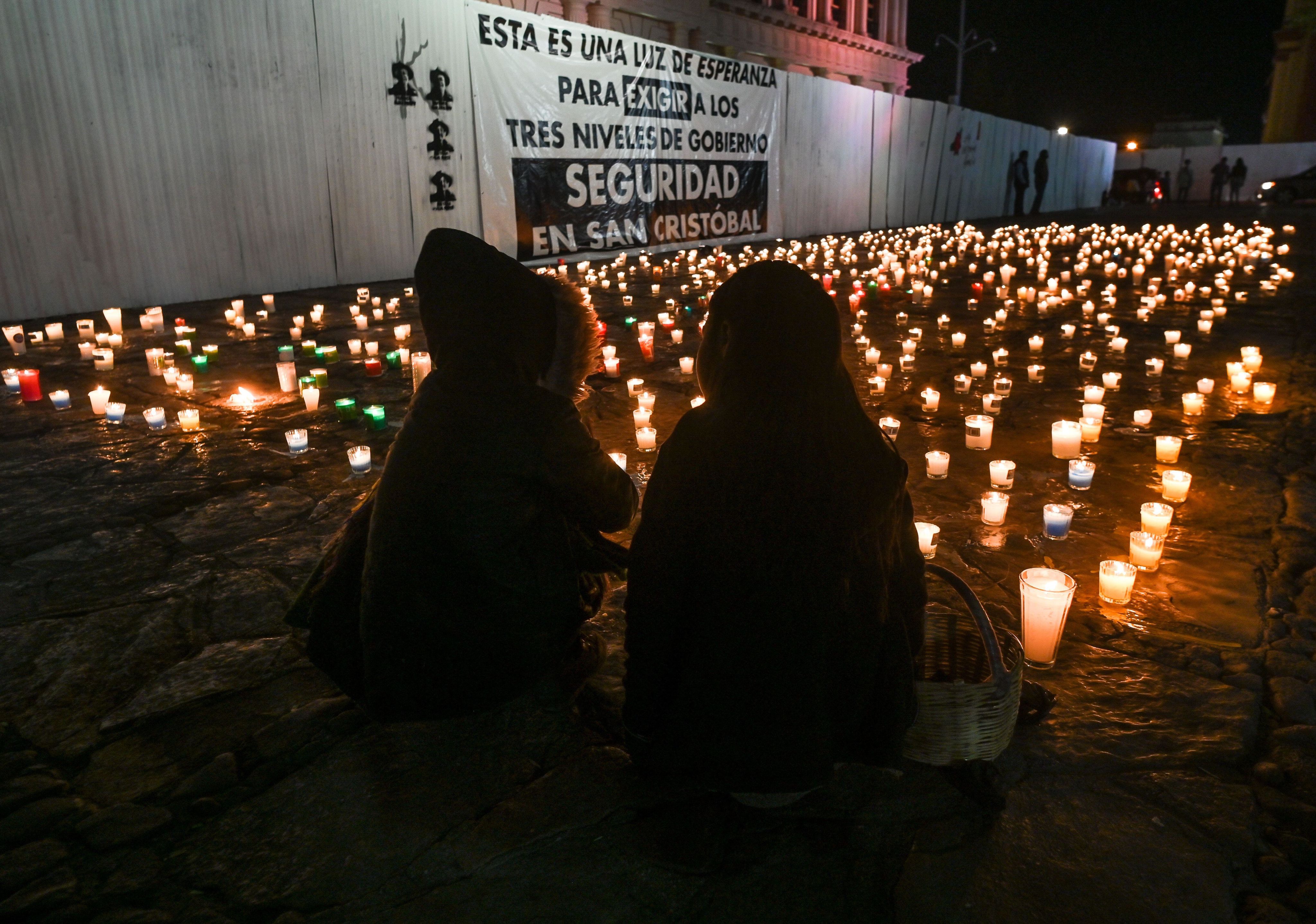
Using data to break the poverty trap: A financial inclusion case study
One of the goals of the World Bank is to "help countries share and apply innovative knowledge and solutions to the challenges they face."
In its recent paper "Designing and delivering government-led graduation programs for people in extreme poverty" it cites the open access study "The effect of financial inclusion on multidimensional poverty: the case of Vietnam" as one of its sources of information.
A graduation program differs from what many of us might see as "traditional" aid. Asian Development Bank (ADB) has a great explanation on its site:
"Also called cash plus programming, economic inclusion, or social protection for employment, the graduation approach promotes economic opportunities and social inclusion to give the poor and vulnerable a big push toward sustainable livelihoods and resilience."
The study from Huong Thi Thanh Tran, Ha Thi Thu Le, Nga Thanh Nguyen, Tue Thi Minh Pham, and Huyen Thanh Hoang found that "households having bank accounts, bank savings, using debit cards, credit cards, or investing in stocks or bonds are less likely to fall into multidimensional poverty." They advise that "the government’s policies should encourage households to use financial products and services."
This research directly influenced the conclusions in The World Bank's paper: "Governments can increase the impact and scale of their initiatives for reducing extreme poverty by establishing and investing in the systems, processes, and capacities needed to identify those individuals and households that are farthest behind and addressing the multidimensional socioeconomic barriers that often exclude them."
Encouraging households to use financial products is one of the "four pillars" of the "Graduation approach" that the World Bank advocates: "... meeting people’s basic needs, generating income, connecting participants to financing and facilitating savings, and coaching and empowering participants" to "provide a framework for designing, delivering, and monitoring a program to break the poverty trap."
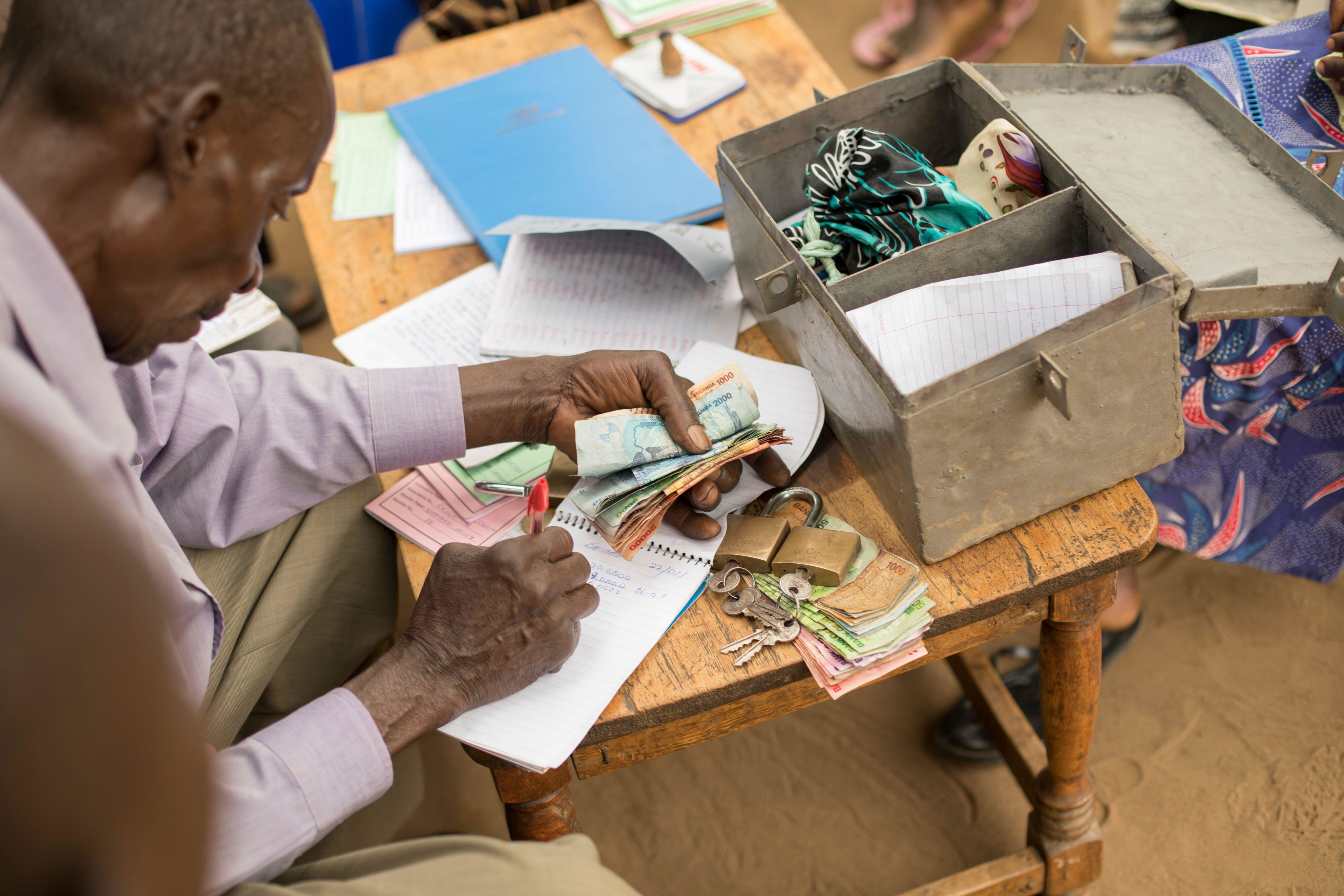
Multi-criteria decision making techniques: A policy optimization tool
In its report "The State of Food Security and Nutrition in the World 2022: Repurposing food and agricultural policies to make healthy diets more affordable" the Food and Agriculture Organization of the United Nations (FAO) paints a dire picture of the current state of world hunger:
"Projections are that nearly 670 million people will still be facing hunger in 2030 – 8% of the world population, which is the same as in 2015 when the 2030 Agenda was launched." The authors cite COVID-19, climate extremes, and conflict as some of the major reasons global hunger has not improved.
The FAO sees the issue as complex, and requiring a diversity of approaches to solve:
"Given the diversity of each country’s context, repurposing efforts will need strong institutions on a local, national, and global level, as well as engaging and incentivizing stakeholders from the public sector, the private sector, and international organizations."
In light of this, a recent open access study from the Journal of Applied Economics by Marco V. Sánchez and Martín Cicowiez, specifically on agricultural policy in Ethiopia, was one of the papers they were able to glean some knowledge from in their attempt to attack this problem.
The study "Optimising policies to achieve agricultural transformation objectives: an application for Ethiopia" explains the harsh reality impeding many policy objectives: lack of funds.
Sánchez and Cicowiez write, "Policymakers simultaneously pursue several objectives, some of which are even in conflict, and their budgets are typically too limited to achieve all of them simultaneously, particularly in developing countries and even more so during the current economic recession context in the face of the COVID-19 pandemic."
The economists continue their analysis: "...when seeking to achieve higher economic growth, a policymaker may also be aiming at ensuring that the new economic growth trickles down to the poor."
"Importantly, some of these objectives may be conflicting. For example, poverty reduction programs may conflict with achieving fiscal consolidation.”
The researchers propose the use of multi-criteria decision-making (MCDM) techniques, which are techniques "applied to several economic problems in which it is not reasonable or operational to assume the existence of a single goal or objective."
The FAO paper specifically cites Sánchez and Cicowiez’ policy optimization tool in their section on Optimizing public budgets to align agricultural transformation and health diets’ affordability objectives: Evidence for Ethiopia.
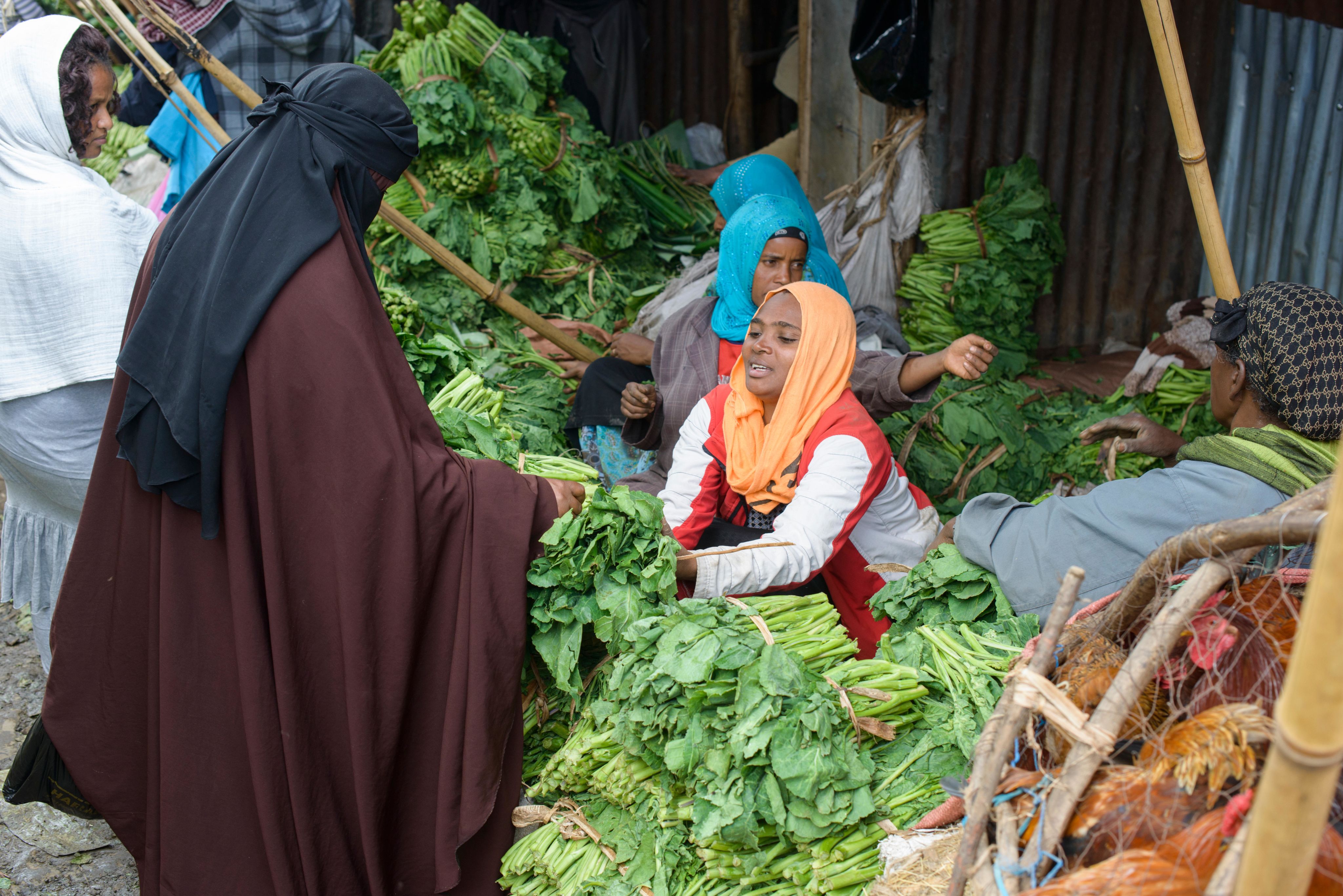
Researchers assess policy impacts
As we noted earlier, researchers not only impact policy, but also analyze how enacted policies either benefit or harm the communities for which they're designed.
COVID-19 brought about unprecedented global collaboration and innovation; governments and the scientific community responded quickly, enacting policies and providing funding for vaccine research, most notably in a type of vaccine called mRNA.
In 2023, the World Intellectual Property Organization developed a publication providing observations based on a comprehensive review of the patenting activity that took place in the field of COVID-19 vaccines and therapeutics. WIPO cited the Taylor & Francis 2022 study "The global mRNA vaccine patent landscape,” from the journal Human Vaccines and Immunotherapeutics in its publication.
In it, the authors, Mengyao Li, Jianxiong Ren, Xingyong Si, Zhaocai Sun, Pingping Wang, Xiaoming Zhang, Kungmeng Liu, and Benzheng Wei, point out the significance of this new type of vaccine: "In light of their quick development and low risk, mRNA vaccines are gradually replacing traditional vaccines."
They go on to explain why: "Specifically, vaccines that can be produced at speed and scale, are affordable, and are capable of efficiently dealing with complex and mutating viruses are needed, which resulted in the advent of messenger RNA (mRNA) vaccines. Instead of injecting antigens into the body, this new generation of vaccines utilizes injected mRNA in order to help produce antigens in the body. mRNA vaccines can greatly reduce associated production costs and production cycles, thus steering vaccinology in a new direction."
Their study did a deep dive into the global mRNA patent landscape to "serve as a reference for governments, academia, and industry stakeholders to make relevant decisions and provides directions for technological development and industry transformation."
Read the WIPO paper that cites Taylor & Francis research here.
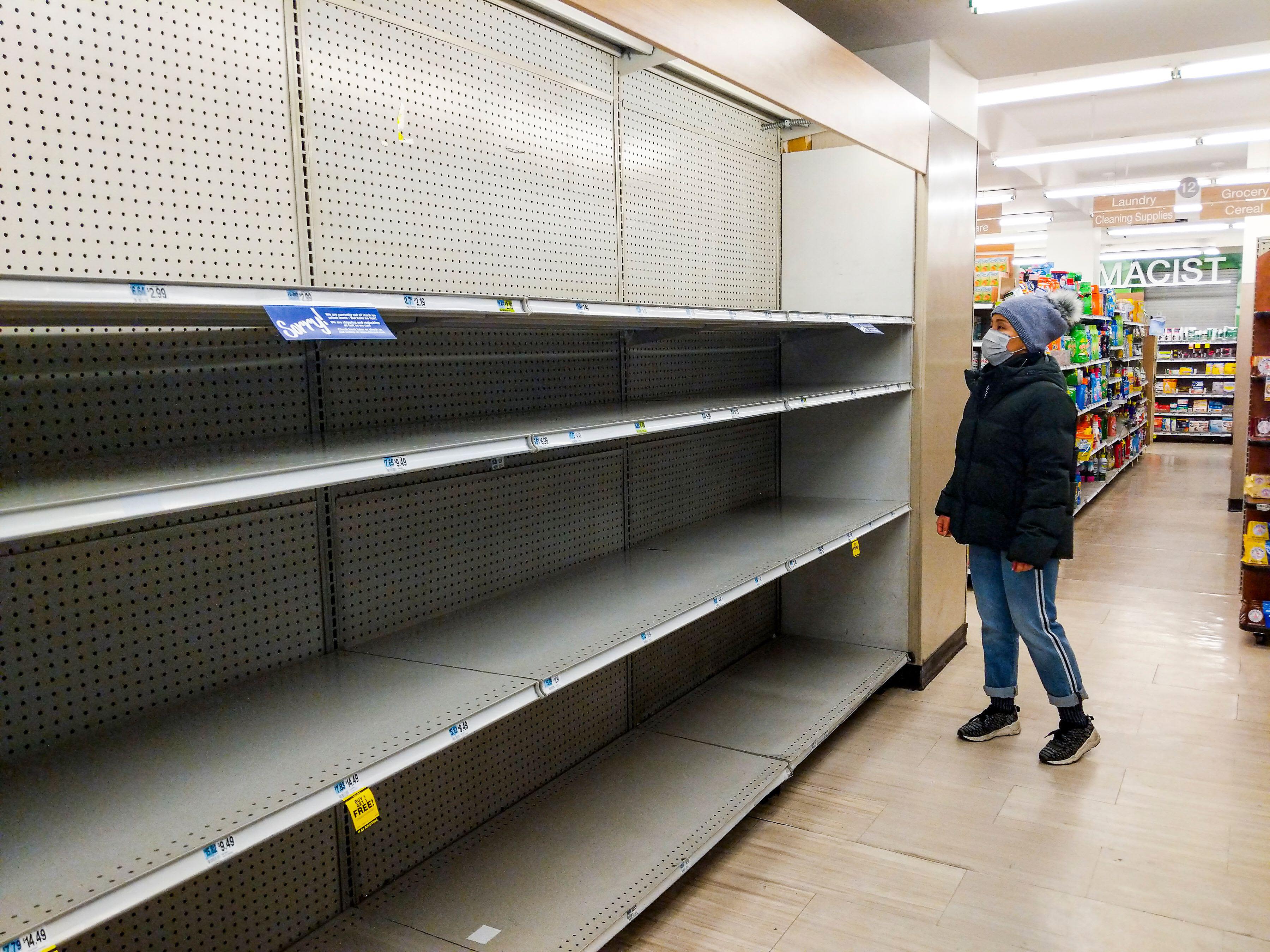
Open access research is impacting policy
It is clear from these five examples that research – in particular, open access research – is indeed impacting policy.
While the exact number of global research papers impacting policy is not yet available, we're starting to see some data from the U.K.
Our hot-off-the-press white paper "Accelerating Open Access: OA in the U.K." gives some compelling statistics. We know, for example, that over 500 articles published OA via a Taylor & Francis agreement with Jisc in 2021 and 2022 have been cited in governmental, intergovernmental, and think tank policy documents as of May 2023. The measurement of how research impacts policy needs improvement, so both researchers and policymakers can be convinced of its importance.
In their paper "Are research-policy engagement activities informed by policy theory and evidence? 7 challenges to the UK impact agenda" Anna Hopkins, Kathryn Oliver, Annette Boaz, Shannon Guillot-Wright, and Paul Cairney mapped the activities of 346 organizations investing in research-policy engagement. They provide seven general recommendations for research funders seeking to invest in successful research-policy engagement strategies and researchers involved in shaping and delivering them. You can read their recommendations here.
Researchers have a part to play as well. Research communication involves communicating one's research in an engaging and understandable way to those outside of academia. And it goes beyond just communicating a final article or results – it's about managing communication with stakeholders throughout the entire research process.
As a Sense about Science guide recommends: "Involve the public. And involve them early," if you are a researcher.
Find more tips for increasing your research impact here.

You might also like:
Insights and blogs
- 10 essential open access (OA) books on climate change
- Accelerating Open Access in the UK: How our partnership with Jisc is boosting research impact
- 12 must-read open access (OA) books
- Open access sustainability articles
- Research Impact Hub
- How can policy makers be globally inclusive when it comes to sustainability?
Social justice and sustainability
Find out about the content we publish, commitments we've made, and initiatives we support related to social justice and sustainability:
 China
China Africa
Africa
